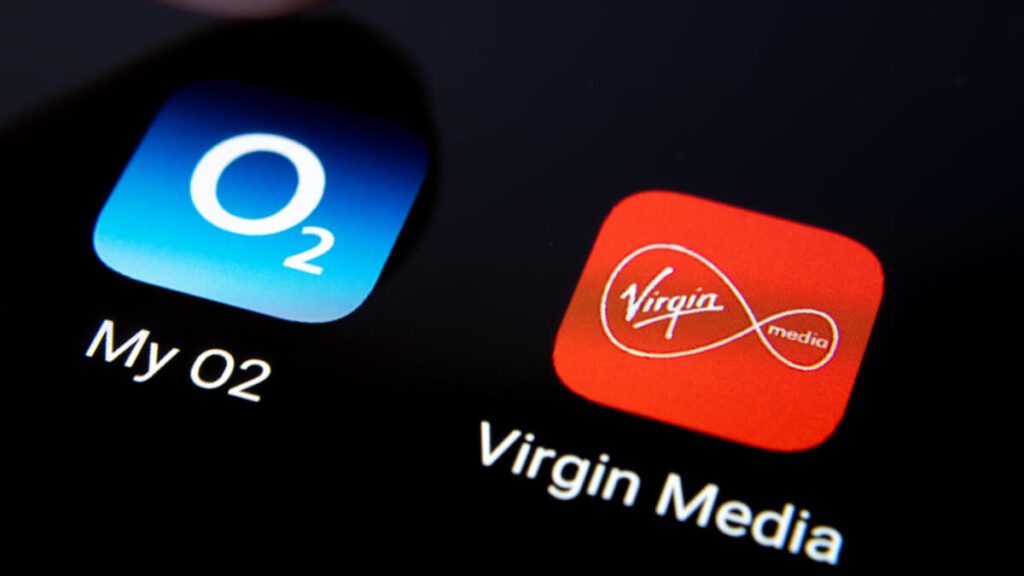
The UK’s Competition and Markets Authority (CMA) approved on Thursday the $44.4 billion merger between Virgin Media and O2 following it submitted earlier last month.
The CMA’s in-depth phase 2 investigation into the merger – which was conducted by a group of independent CMA panel members – concluded that that the deal is unlikely to lead to any substantial lessening of competition for several reasons.
The reasons behind the greenlight were highlighted by the authority such as the costs of leased lines are only a relatively small element of rival mobile companies’ overall costs, “so it is unlikely that Virgin would be able to raise leased-line costs in a way that would lead to higher charges for consumers,” the watchdog said in a statement.
In parallel, the CMA argued that there are other players in the market offering the same leased-line services, including BT Openreach – which has a much greater geographical reach than Virgin – and other smaller providers. “This means the merged company will still need to maintain the competitiveness of its service or risk losing wholesale custom,” it added.
“As with leased-line services, there are a number of other companies that provide mobile networks for telecoms firms to use, meaning O2 will need to keep its service competitive with its wholesale rivals in order to maintain this business,” the statement read.
The watchdog was initially concerned that, following the merger, Virgin and O2 could raise prices or reduce the quality of these wholesale services. If this were to happen, it could lead to other companies being forced to offer lower quality mobile services or increase their retail prices which would negatively impact consumers.
“O2 and Virgin are important suppliers of services to other companies who serve millions of consumers. It was important to make sure that this merger would not leave these people worse off. That’s why we conducted an in-depth investigation,” said Martin Coleman, CMA panel inquiry chair.
“After looking closely at the deal, we are reassured that competition amongst mobile communications providers will remain strong and it is therefore unlikely that the merger would lead to higher prices or lower quality services,” Coleman added.
The merger between Britain’s biggest mobile network and one of its largest broadband and pay-TV suppliers was announced in May 2020, which further reshapes the UK’s telecoms and media landscapes.
O2 is armed with well over 30 million mobile customers, while Virgin Media has more than 5 million broadband, pay-TV and mobile users.
The joint venture between Liberty Global’s Virgin and Telefonica’s O2 is expected to deliver substantial synergies valued of more than $8.25 billion on a net present value basis after integration costs and will create a nationwide integrated communications provider with $15.13 billion of revenue.
“This is a watershed moment in the history of telecommunications in the U.K. as we are now cleared to bring real choice where it hasn’t existed before, while investing in fiber and 5G that the U.K. needs to thrive,” Liberty Global CEO Mike Fries and Telefonica chief José Maria Alvarez-Pallete said in a joint statement Thursday. “We thank the CMA for conducting a thorough and efficient review.”
The combination of the two companies will also allow Virgin Media to tap O2′s experience in developing next generation 5G mobile networks, which are expected to be a significant driver of sales for telecommunications companies in the future.